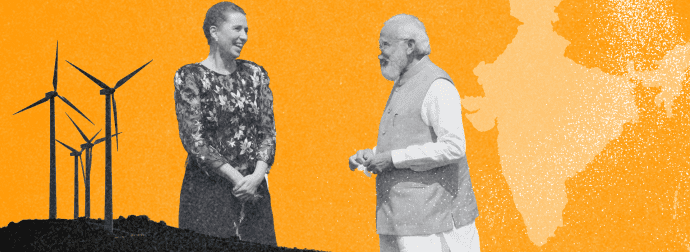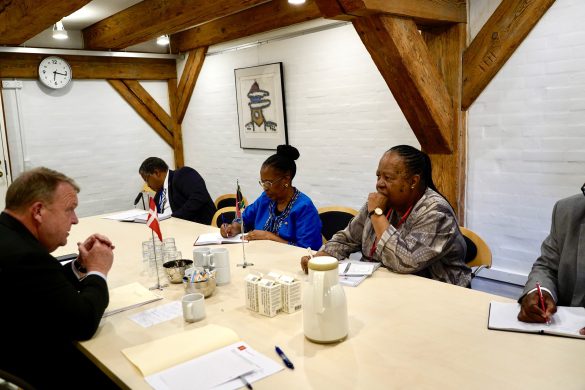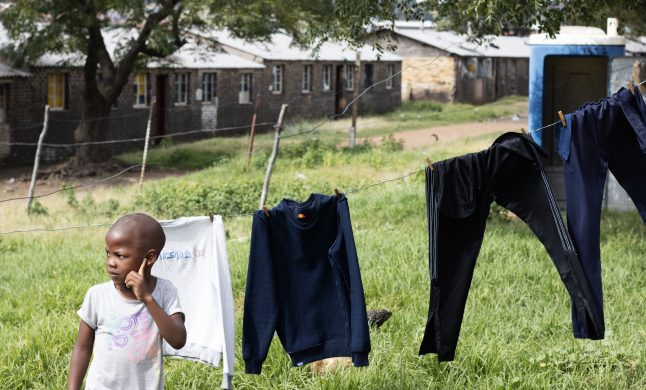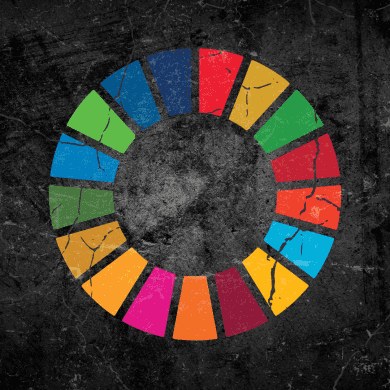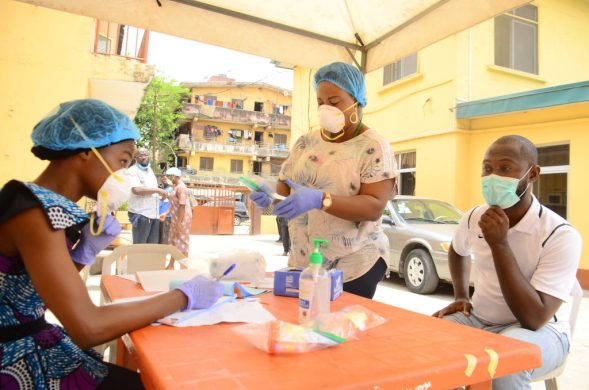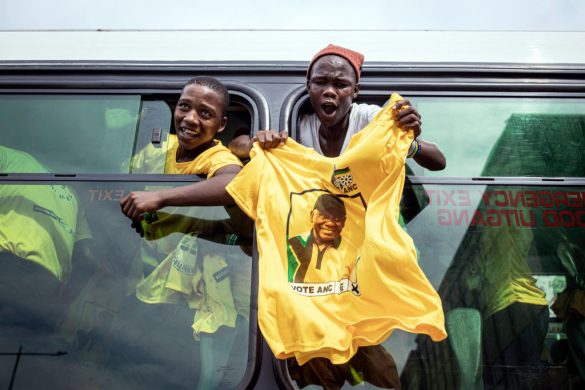Miljøorganisationerne Global Witness og Greenpeace retter en kraftig kritik mod Verdensbanken, som de beskylder for at fornægte resultaterne af en uvildig undersøgelse, der viser, hvordan bankens låneordninger til industriel skovdrift bidrager til problemerne med afskovning, oprindelige folk og fattigdom. Verdensbanken afviser dele af kritikken.
En undersøgelse af Verdensbankens skovprojekter siden 2001, som er foretaget af en uafhængig evalueringsgruppe, forholder sig stærkt kritisk til 345 af Verdensbankens skovinvesteringer. Undersøgelsen fik fredag Greenpeace og Global Witness til at udsende en fælles pressemeddelelse, der kritiserer Verdensbanken for at bidrage til fattigdom og forsvare industriel skovhugst i udviklingens navn. Verdensbanken vedkender sig syv af rapportens kritikpunkter, men erklærer sig uenig i andre af rapportens anbefalinger.
Greenprace og Global Witness’ pressemeddelselse:
Washington, 11th February 2013 – World Bank Board of Directors has blocked a call by independent evaluators to review the outcomes of the Bank’s support for industrial-scale logging in tropical rainforests. The evaluators
concluded in a report published last Friday that such operations have not been effective in reducing poverty, the World Bank’s core mandate, or achieving sustainability. Despite these findings, the Board voted unanimously against a recommendation that the Bank review the effectiveness of its support for tropical forest logging.
Global Witness: Verdensbanken bærer ved til problemet
“The very survival of tropical forests and the way of life of people who live in them is under threat, and the World Bank is in denial about its contribution to the problem,” said Rick Jacobsen of Global Witness.
“As a public institution tasked with reducing poverty, the World Bank should take very seriously its own evaluators’ finding that its approach is not helping vulnerable forest communities. It’s time for the Bank to stop defending destructive logging practices in the name of development benefits that never materialize.”
Verdensbanken lukker øjnene for korruption og illegal skovhugst i Congo
The Bank has been instrumental in putting into place policies in many tropical countries that result in widespread logging of tropical rainforests. Yet according to a growing body of evidence, industrial-scale logging contributes to tropical deforestation while doing little to improve the lives of forest-dependent communities and indigenous peoples. Corruption and lack of government oversight further aggravate the problem.
In the countries of Africa’s Congo Basin, home to the world’s second largest rainforest next to the Amazon, law enforcement in the logging sector is ineffective and corruption and cronyism are widespread. Recent reports from a government-appointed independent observer in the Democratic Republic of Congo, for example, found that many international logging companies are carrying out illegal activities.
Greenpeace: Verdensbanken støtter øremærkning af skovhugst i regnskov
“After 10 years of World Bank-led reforms in the DRC, roughly 150,000 km2 of rainforest remain in the hands of poorly regulated international logging companies, while communities are once again being left behind,” said Susanne Breitkopf of Greenpeace International.
The reform process in the DRC has been marred with irregularities and widely criticized; meanwhile, a law that would support community management of forests has been stalled for years, and the Bank is financing a forest zoning process that is likely to earmark huge areas of rainforest for industrial logging.
Verdensbanken afviser kritik af støtte til skovhugst
While the Bank fiercely rejected the evaluators’ criticism of its support for industrial-scale logging in the tropics, it accepted seven other recommendations made in the report. Two of these focused on the need to provide more support for forest-dependent communities to allow them to directly manage their own forest resources. The Bank has not yet indicated how it plans to implement these recommendations.
Breitkopf remains skeptical: “In order to reduce poverty and deforestation, the Bank needs to put land rights and community forest management at front and center of its projects, rather than making them cosmetic add-ons.”
Læs Greenpeace og Global Witness’ pressemeddelelse her:
https://groups.google.com/forum/?fromgroups=#!topic/enwl/NHpsSCYLGQM
Læs Verdensbankens svar på tiltale her:
http://ieg.worldbankgroup.org/content/dam/ieg/forest/forest_CODE.pdf?utm_source=external&utm_medium=site&utm_content=forestcode&utm_campaign=new
Læs omtalte rapport om Verdensbankens investeringer i bæredygtig udvikling her:
http://ieg.worldbankgroup.org/content/dam/ieg/forest/forest_man_response.pdf?utm_source=external&utm_medium=site&utm_content=forestmr&utm_campaign=new


